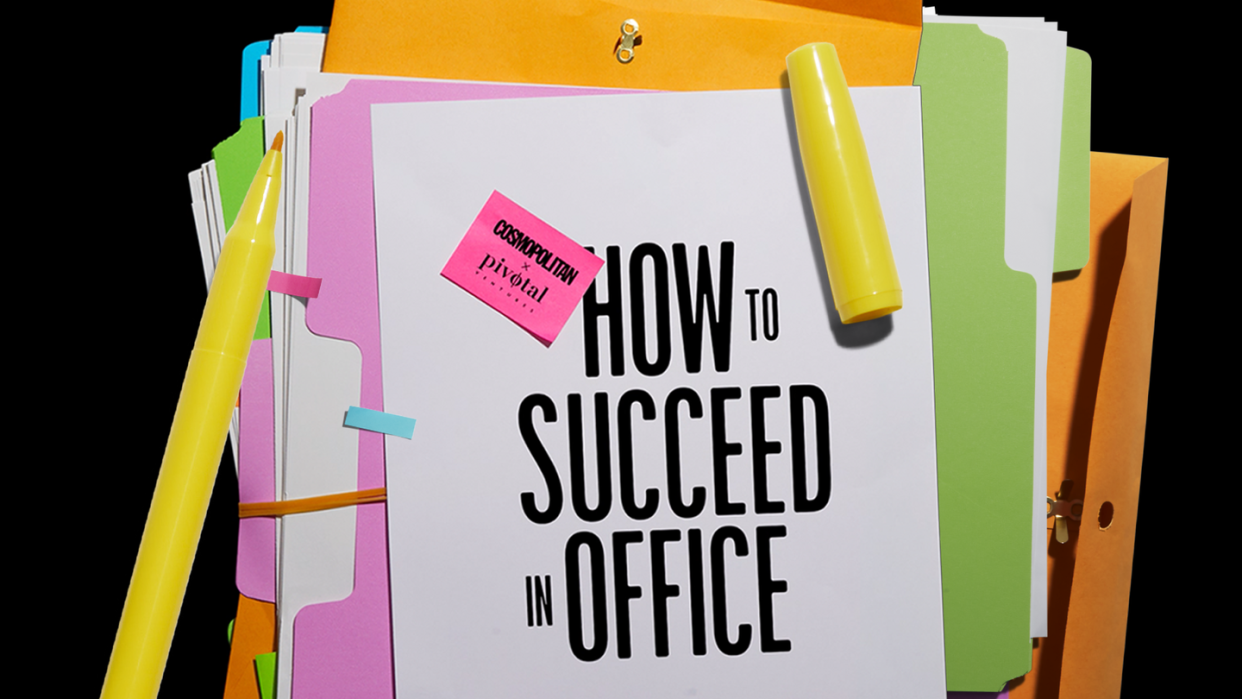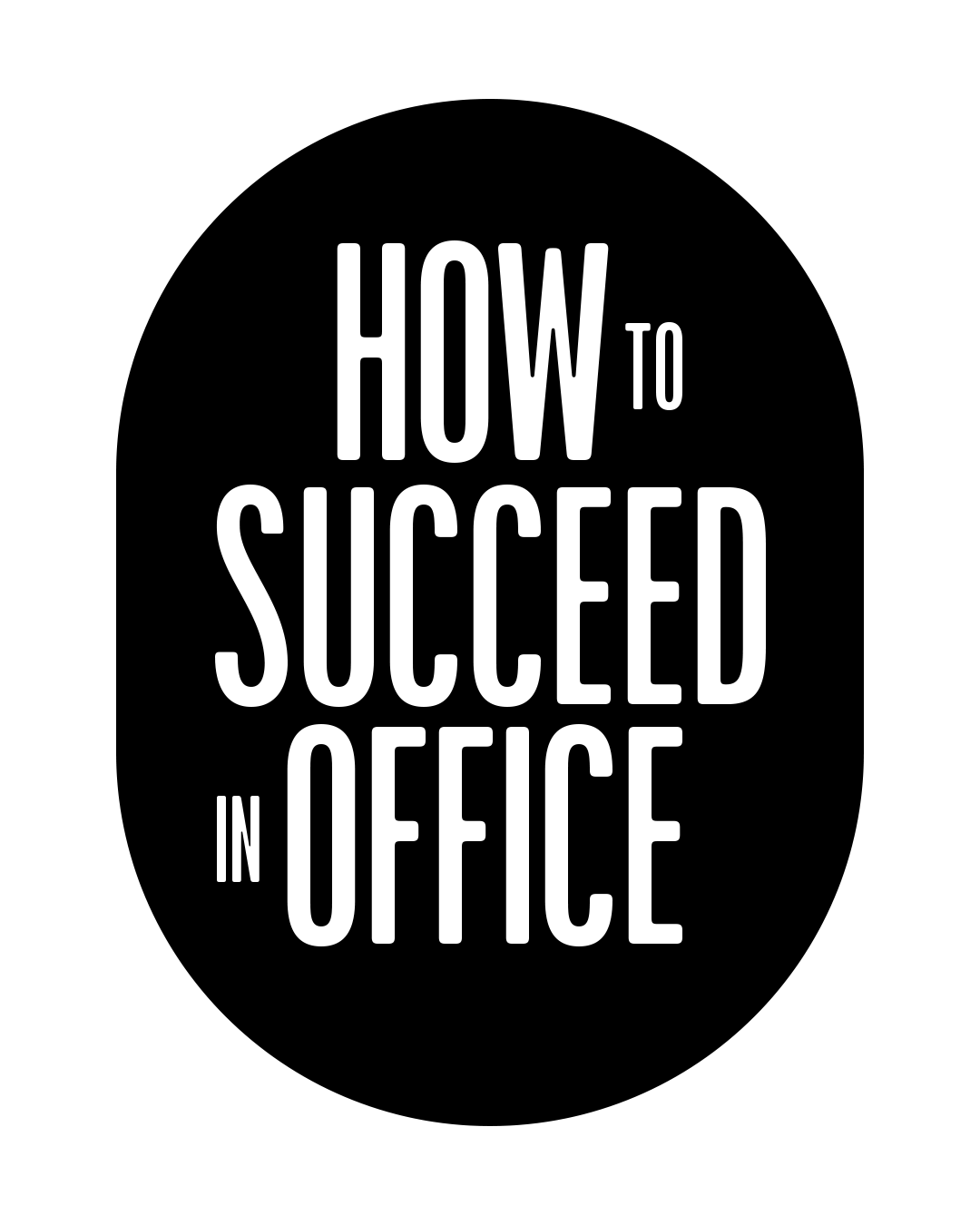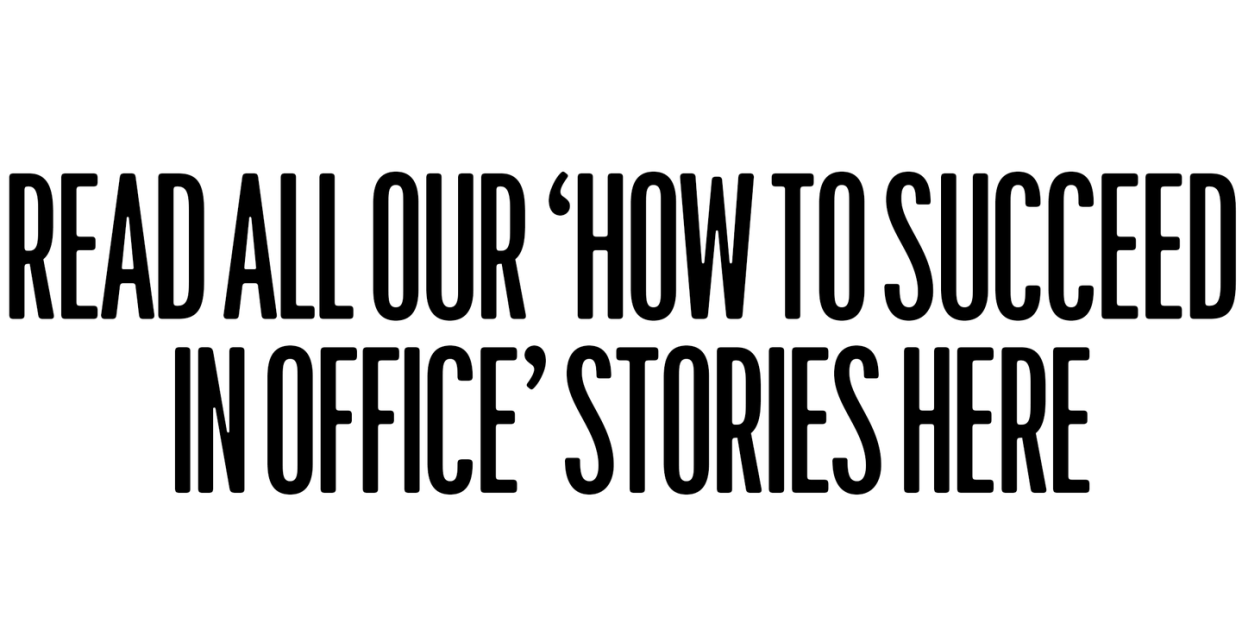Electing Women Isn’t Enough: Here, a Cold Hard Look at What They Face Once They Get There


For a yearlong reporting project, How to Succeed in Office, Cosmopolitan teamed up with Pivotal Ventures to define the challenges elected women face today. We then commissioned an original survey, interviewed 60+ political-world sources, and enlisted some Very Bold Names to uncover tactical solutions. But first, a note on why this all matters so much, from former Georgia House Minority Leader and gubernatorial candidate Stacey Abrams.
From 2003 to 2006, I served as deputy city attorney of Atlanta, appointed by Shirley Clarke Franklin, the first woman to lead the city and the first-ever Black woman elected mayor of a major southern city. During that time, I watched her tackle issues as divergent as potholes, the potential seizure of the city’s water system by federal regulators, and the devastating impact of persistent homelessness. Mayor Franklin brought to the task an enviable résumé; she also had a catalog of allies that could bolster her creative solutions to seemingly intractable problems. Yet she never forgot that she held a rarified post with unusual access, and I watched as she extended her resources to lift other women into and through public office.
When I decided to run myself, I chose the Georgia legislature. State governments hold immense control over our daily lives, from our education to our work schedules to our bodily autonomy. But their ranks are disproportionately male, white, and affluent—just one reason the struggle for female political candidates does not end upon taking the oath. From committees to capital, from press coverage to political promotion, gender has an impact.
When women in legislative offices request committee assignments, they are often relegated to “social” programming: children, the elderly, possibly health. You can typically count on one hand the number of women appointed to Ways and Means, Appropriations, Finance, Transportation, or Utilities—the so-called “money committees” with the greatest cachet. The lobbyists who fund outings where decisions are made only invite those who already have a seat at the table. And when re-election rolls around, campaign coffers are filled for those with the authority to regulate capital.
We need women in these arenas—in all arenas—to level the outcomes for everyone. Women provide a vital service; they are routinely cited as more collaborative, willing to work across ideological lines, and more likely to serve the public good. Yet once inside the rooms where it happens, women will be expected to learn fast, stay late, be everywhere, and do almost anything…with a fraction of the support a male counterpart might secure.
I never forgot this imbalance during my seven years as Georgia House Minority Leader. There, I leveraged what I’d learned from Mayor Franklin and my mother and other women who got there first. I intentionally worked with fellow legislators, local officials, school board members, and the like who struggled to translate their newfound positions to gain a toehold in power. I held fundraisers, hosted training sessions, recommended colleagues for job opportunities, and hired women into positions of influence. We scheduled events with childcare, and we picked times when both parents could likely attend.
The barriers are clear, but within all the challenges for women in office lies the ability to adapt and overcome—if the rest of us are willing to help. Now is the time to go beyond the poetry of winning elections into the tough work of owning power. And I know together we can get good done.





You Might Also Like
